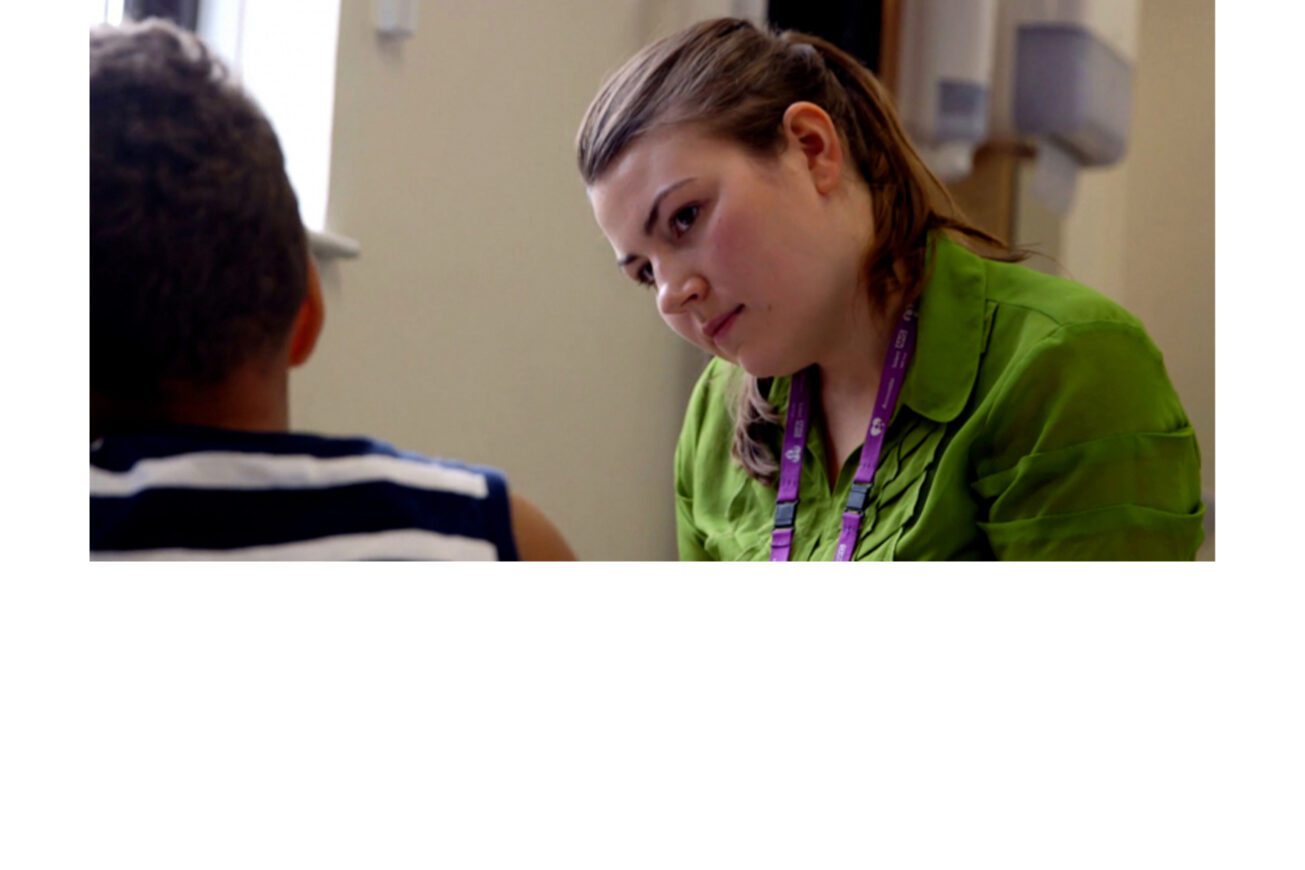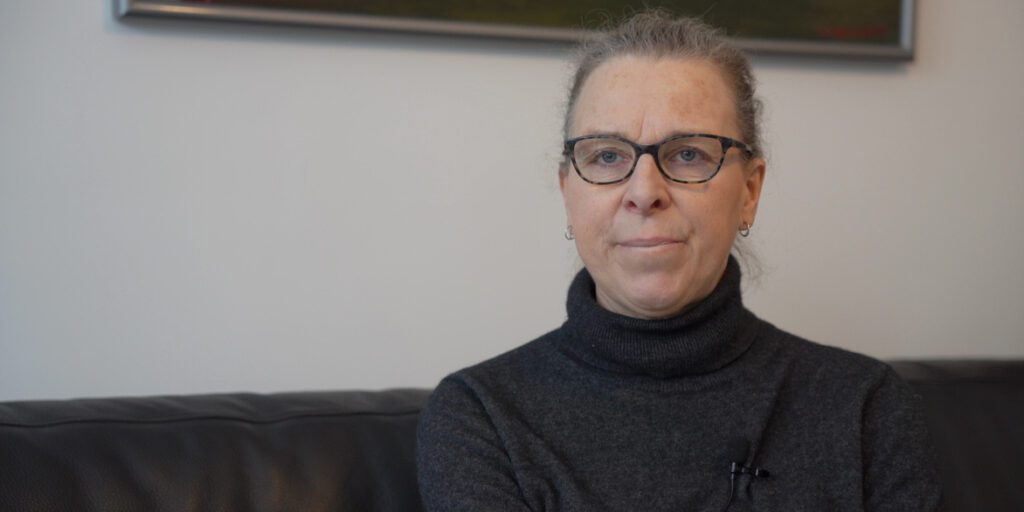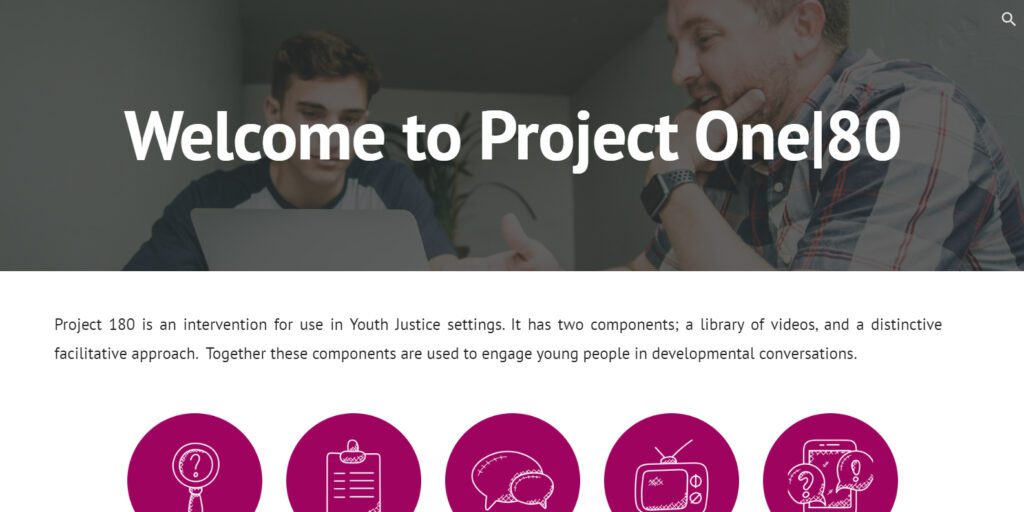Project One|80: Speech and Language Therapist Elements
Project One|80’s Phase Two began with our Speech and Language Therapist collaboration to make our video materials more accessible.

Project One|80’s Phase Two began with our Speech and Language Therapist collaboration to make our video materials more accessible.

Since the pilot of Project One|80 in August 2023, we’ve seen YOT PC’s and Youth Justice Practitioners use these resources all across the Thames Valley region. Currently targeted for knife crime intervention, Project One|80 provides video materials and dialogic resources to encourage conversations with young people to prevent further involvement with the law. Since the start of the pilot, we have received interesting feedback from those delivering the resources and those witnessing the intervention first hand. Thus introducing Phase Two of Project One|80.
Phase Two has four main components to improve the effectiveness of Project One|80; its resources, delivery process and training regime. Of all the changes coming with Phase Two, the element I’ve found the most interesting has been the adjustments requested for the video materials.
There are two aspects being addressed through the video resources which are:
For the purpose of this, I want to focus on the latter point about our Speech and Language Therapist collaboration. Specifically emphasising the importance of knowing your audience and catering to their needs.

From the research and experience we’ve seen within knife crime intervention, we understand that the young people we encounter are regularly different to the typical young person of today. This can be seen on a communication level, their upbringings and the level of comprehension. As it stands, the video materials (although not for public use) have been aimed at the general youth audience, which differs from our actual audience. From a publishing perspective, they are easy on the eye, engaging and short in duration, but they lack one vital element: accessibility.
As part of Phase Two, we have collaborated with several Speech and Language Therapists (SaLT) to obtain feedback on the entire video library that we provide for Project One|80. Accessibility was mentioned several times from each individual emphasising the need for the content to be understood by all who may engage with it. This was neatly explained to us as Special Educational Needs, or SEN. This draws attention to those needs that are considered invisible and are therefore difficult to highlight and equally challenging to address and cater for. One Speech and Language Therapist we collaborated with explained it like this:
When we see crutches or glasses, or a hearing aid we can see the type of need that warrants support. But how can we tell if someone is struggling with learning, language or social communication, let alone, what do we know about how to support these needs?
Speech and Language Therapist

Through the various review and testing phases we conducted, we learnt of many ways in which we could improve the video resources to make them more accessible to the audience we work with. For example:
There were many more adjustments that have been brought to our attention through the Speech and Language Therapist involvement which will be applied to the existing video library and for videos to be filmed in the future. Even adjustments to the materials we supply for practitioners, like providing key word sheets to aid understanding. Or encouraging pauses within the video to make sure the young person has time to absorb all the information.
This phase of testing has been extremely insightful and will help to boost the effectiveness of this resource. Alongside the other elements of Phase Two, Project One|80 has the scope to be a revolutionary resource for young people and the criminal justice system.
To find out more, please get in touch with us at: chat@engagelime.com or here
Leave a Reply